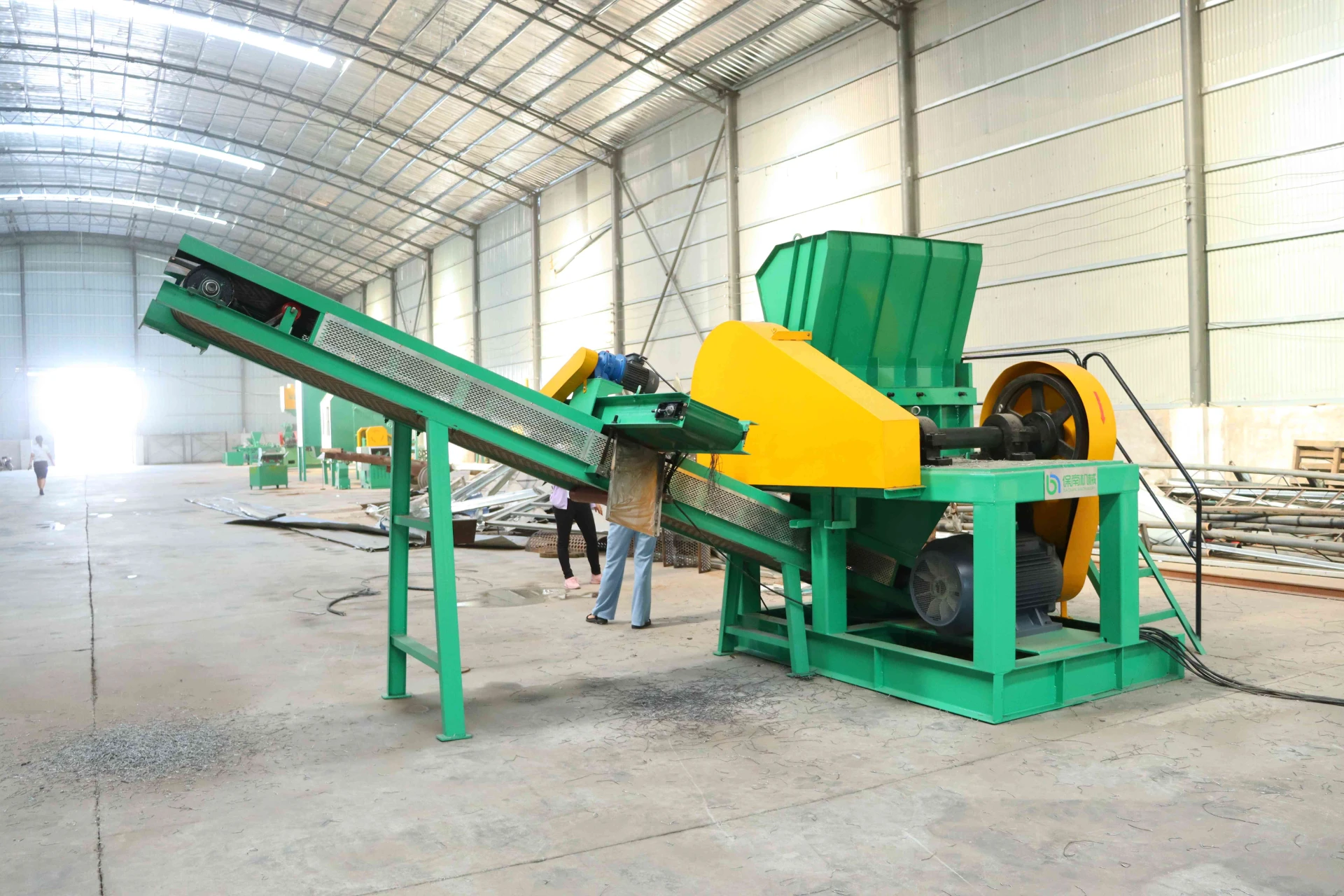

Aug . 28, 2024 08:59 Back to list
Electronic Rubbish Collection A Sustainable Approach to E-Waste Management
In an age defined by rapid technological advancement, electronic devices have become integral to our daily lives. From smartphones and laptops to household appliances, our reliance on electronics is undeniable. However, this dependency has led to a pressing issue electronic waste, or e-waste, which poses severe challenges to our environment and public health. To combat this growing concern, electronic rubbish collection has emerged as a crucial initiative aimed at promoting sustainable practices for e-waste management.
E-waste refers to any discarded electrical or electronic device. According to estimates from the Global E-Waste Monitor, approximately 53.6 million metric tons of e-waste were generated in 2019, a figure expected to rise significantly in the coming years. This surge in e-waste raises critical questions about how to manage it effectively. Instead of ending up in landfills, where toxic components can leach into the soil and water, proper electronic rubbish collection systems can help recycle, refurbish, and redistribute valuable materials found in these devices.
One of the most effective approaches to e-waste management is the establishment of designated electronic rubbish collection events and drop-off locations. Communities can organize regular collection days, allowing residents to dispose of their outdated or broken electronics safely. These initiatives not only provide a convenient solution for the public but also raise awareness about the e-waste issue. Public education campaigns can further enhance participation rates and encourage responsible disposal practices.

Another important aspect of electronic rubbish collection is the role of manufacturers and retailers. Many companies are beginning to take responsibility for the entire lifecycle of their products, offering take-back programs to encourage customers to return their old devices. By creating incentives, such as discounts on new purchases or loyalty points, businesses can motivate consumers to participate in recycling efforts. Additionally, some companies are investing in sustainable design practices, making products that are easier to recycle and less harmful to the environment.
The recycling process plays a vital role in the electronic rubbish collection ecosystem. Valuable materials, including gold, copper, and rare earth elements, can be extracted from e-waste and reused in the production of new devices. This not only conserves natural resources but also reduces the environmental impact associated with mining and manufacturing. By turning electronic rubbish into valuable resources, we can promote a circular economy that prioritizes sustainability.
In conclusion, electronic rubbish collection is a critical component in addressing the global e-waste crisis. Through community events, manufacturer responsibility, and efficient recycling processes, we can manage e-waste in a way that protects the environment and promotes sustainability. As consumers, it is our responsibility to be mindful of our electronic consumption and disposal practices. By participating in e-waste collection programs, we can contribute to a cleaner, greener future. Adopting these practices not only benefits our communities but also ensures that we leave a healthier planet for future generations.
Latest news
Troubleshooting Common Eddy Separator Problems
NewsJul.04,2025
The Role of Metal Recycling Plants in Circular Economy
NewsJul.04,2025
The Impact of Recycling Line Pickers on Waste Management Costs
NewsJul.04,2025
Safety Features Every Metal Shredder Should Have
NewsJul.04,2025
How Industrial Shredders Improve Waste Management Systems
NewsJul.04,2025
How Cable Granulators Contribute to Sustainable Recycling
NewsJul.04,2025